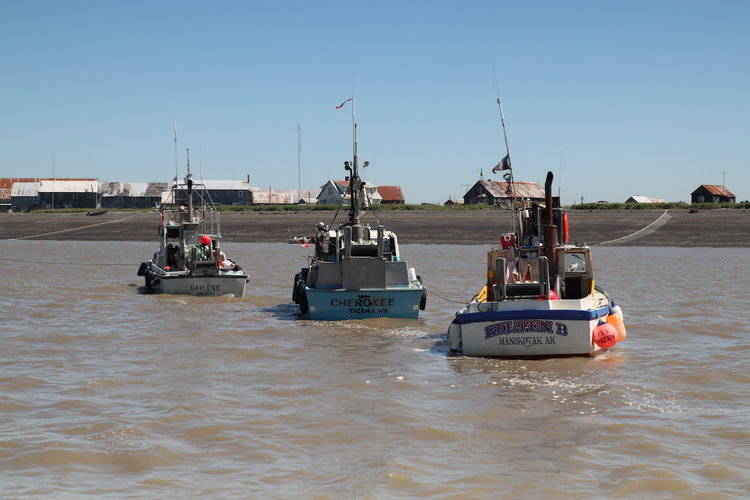A previous version of this article failed to attribute comments made in the second paragraph to one of the subjects interviewed for the article. The article has been updated to reflect this change. The Empire regrets this error.
Opponents of the proposed Pebble Mine are in Juneau this week to meet with lawmakers and raise opposition to the construction of a mine 100 miles north of Bristol Bay.
The project, which has been a source of controversy for years, is currently undergoing an environmental review process by the U.S. Army Corps of Engineers. But that process is flawed and is being rushed under the Trump administration, which is looking to overhaul environmental regulations across the country, according to Matthew Newman, staff attorney for the Native American Rights Fund.
“This is an administration that from top to bottom has a very different view of environmental permitting,” Neuman said. “They are currently attempting to change the federal regulations on how to draft environmental impact statements.”
The Corps released a draft environmental impact statement (DEIS) last February, which received criticism from other federal agencies that said the report overlooked several critical areas.
“The DEIS, as prepared, does not follow NEPA (National Environmental Policy Act) requirements and conventions for data inclusion or analysis for an activity of this scope and scale,” stated a July letter from the Secretary of the Interior’s office. “The DEIS precludes meaningful analysis.”
The Corps released an updated draft of the environmental impact statement on Feb. 10, but critics said the new report addresses none of the issues raised with the 2019 report.
“Meaningful response to these concerns would require additional data analysis, additional public comment, but instead (USACE) are sticking to their timeline,” said Katherine Carscallen, executive director for Commercial Fishermen for Bristol Bay.
The Corps did not address concerns raised by Sen. Lisa Murkowski in the provisions of an appropriations bill that encouraged a revision of the environmental impact statement and consultation with Department of Interior, the Environmental Protection Agency or the Alaska Department of Fish and Game, Newman said.
“Historically, when Congress sends you a note, typically agencies take that very seriously,” he said. Newman said such provisions don’t actually have any enforcement mechanism, but said they were traditionally regarded as direct orders from Congress.
The Corps did not immediately respond to request for comment.
Mike Heatwole, a spokesperson for the Pebble Project, which is the company trying to develop the mine, said that just because organizations don’t like an agency’s conclusions, that doesn’t mean the work is not rigorous.
“The state, EPA and DOI offered comments on the draft, which is exactly what they’re supposed to do,” Heatwole said. “Every one of those comments has to be fully addressed. Everything they’ve done has worked through those comments.”
Heatwole maintained the environmental review process was open and transparent and that the Pebble Mine project could be constructed and operated without harm to the waters and fisheries of Bristol Bay.
But opponents of the project see a rushed review processes being pushed by an administration with little regard for environmental concerns.
“The irony is that people say, ‘What could happen if these new (National Environmental Policy Act regulations) go into effect?’ Our answer is well, we’ve been watching it. Pebble’s the text case.”
There were also concerns about the state’s permitting process under Gov. Mike Dunleavy. Dunleavy has repeatedly said he wants to encourage resource development in the state, which he says has some of the best environmental protections in the world.
But Dunleavy was the subject of a December 2019 report from CNN alleging the governor used near verbatim language from the Pebble Project in his correspondence with the U.S. Army Corps of Engineering.
Both the governor’s office and representatives from the Pebble Project said collaboration between administrations and interested parties is common. At the time, Heatwole told the Empire that CNN used selective information to provide a narrative against the project.
“The fact that Pebble has yet to apply for a state permit is extremely concerning,” said Alannah Hurley, executive director for United Tribes of Bristol Bay. “And what’s that permitting going to look like under Governor Dunleavy?”
Commercial Fishermen for Bristol Bay, United Tribes of Bristol Bay and other anti-Pebble Mine groups will hold a town hall event Tuesday night at the NEA-Alaska building at 201 Main St. at 5 p.m.
• Contact reporter Peter Segall at 523-2228 or psegall@juneauempire.com.

